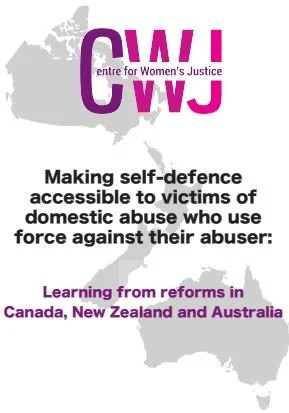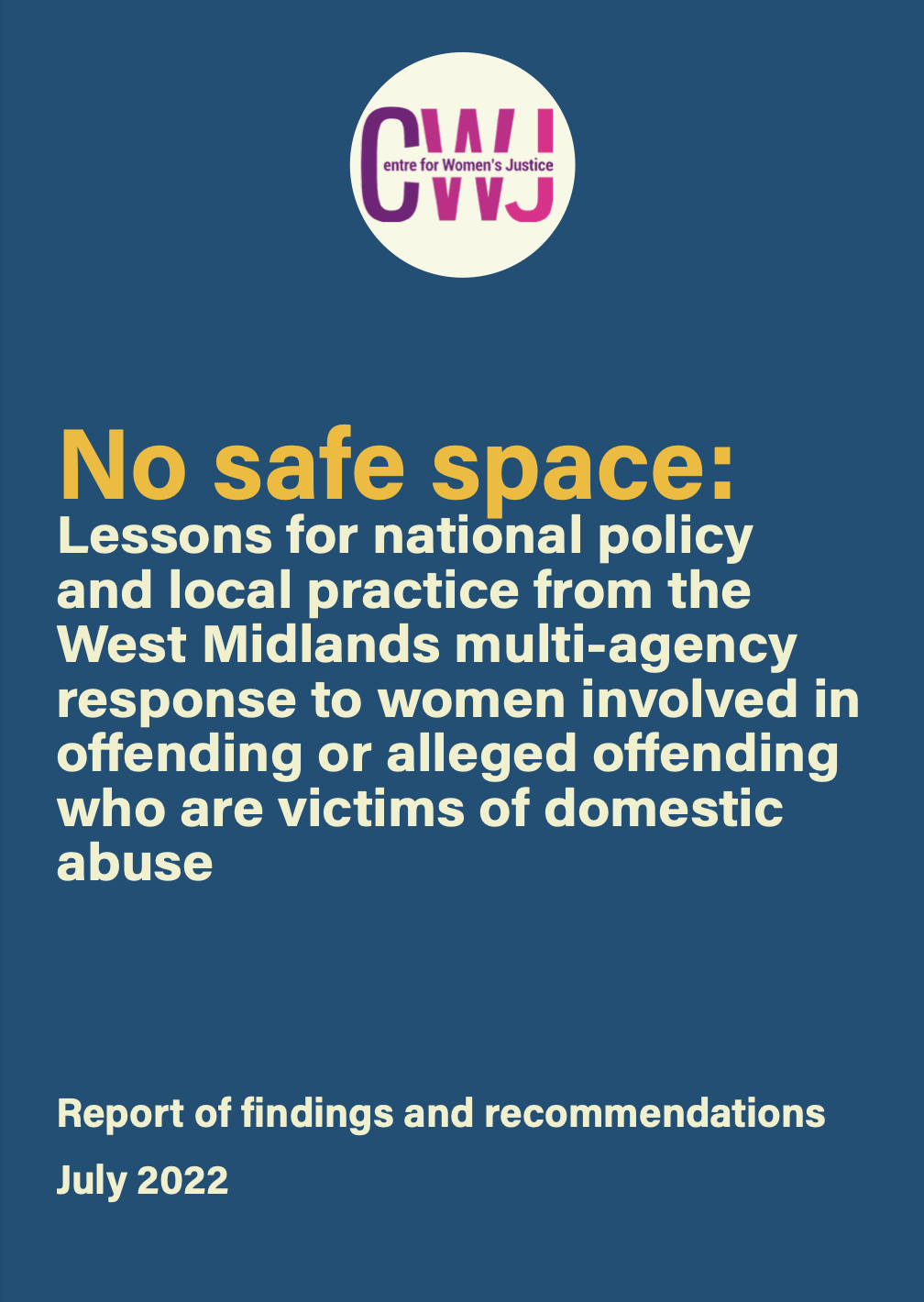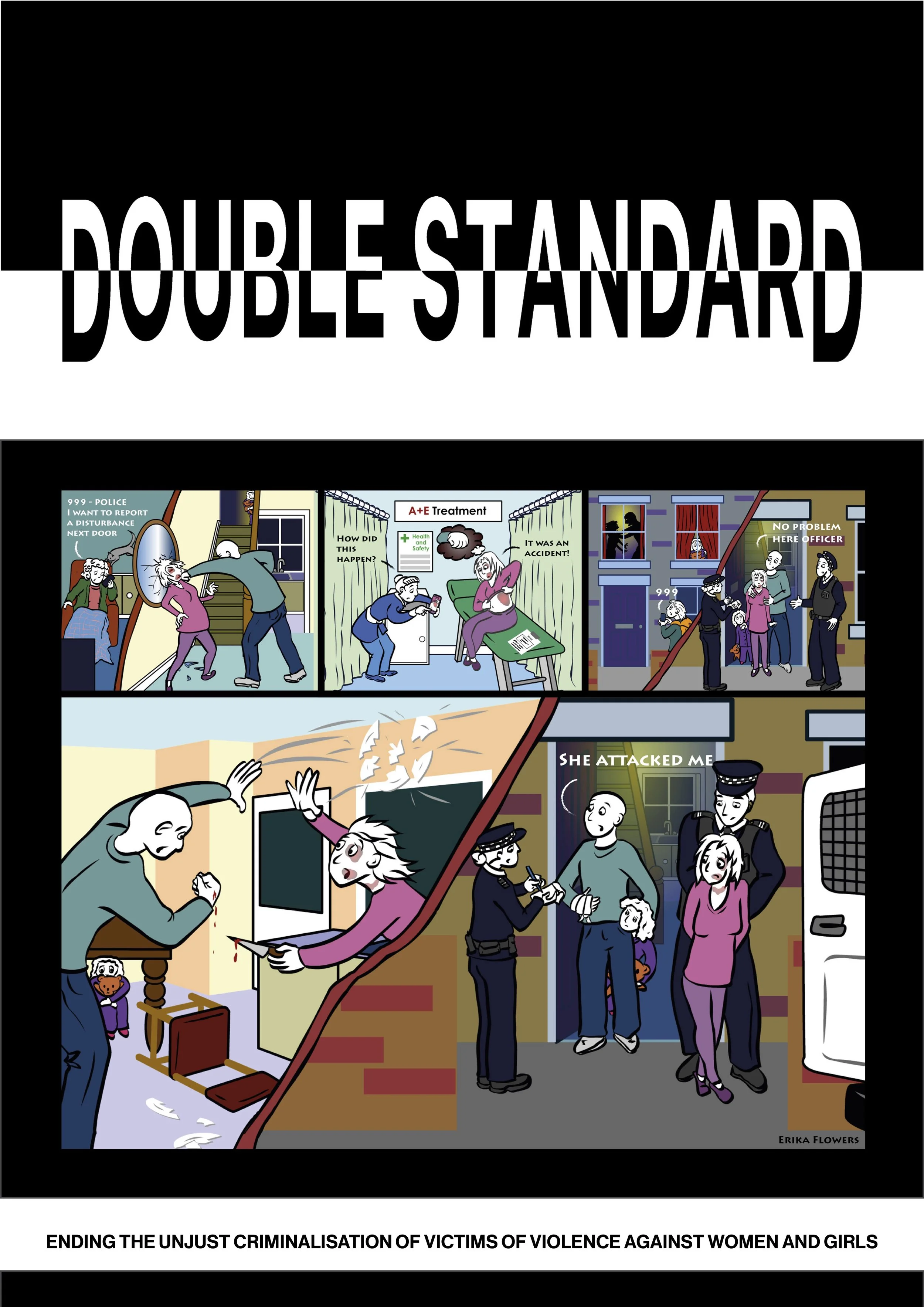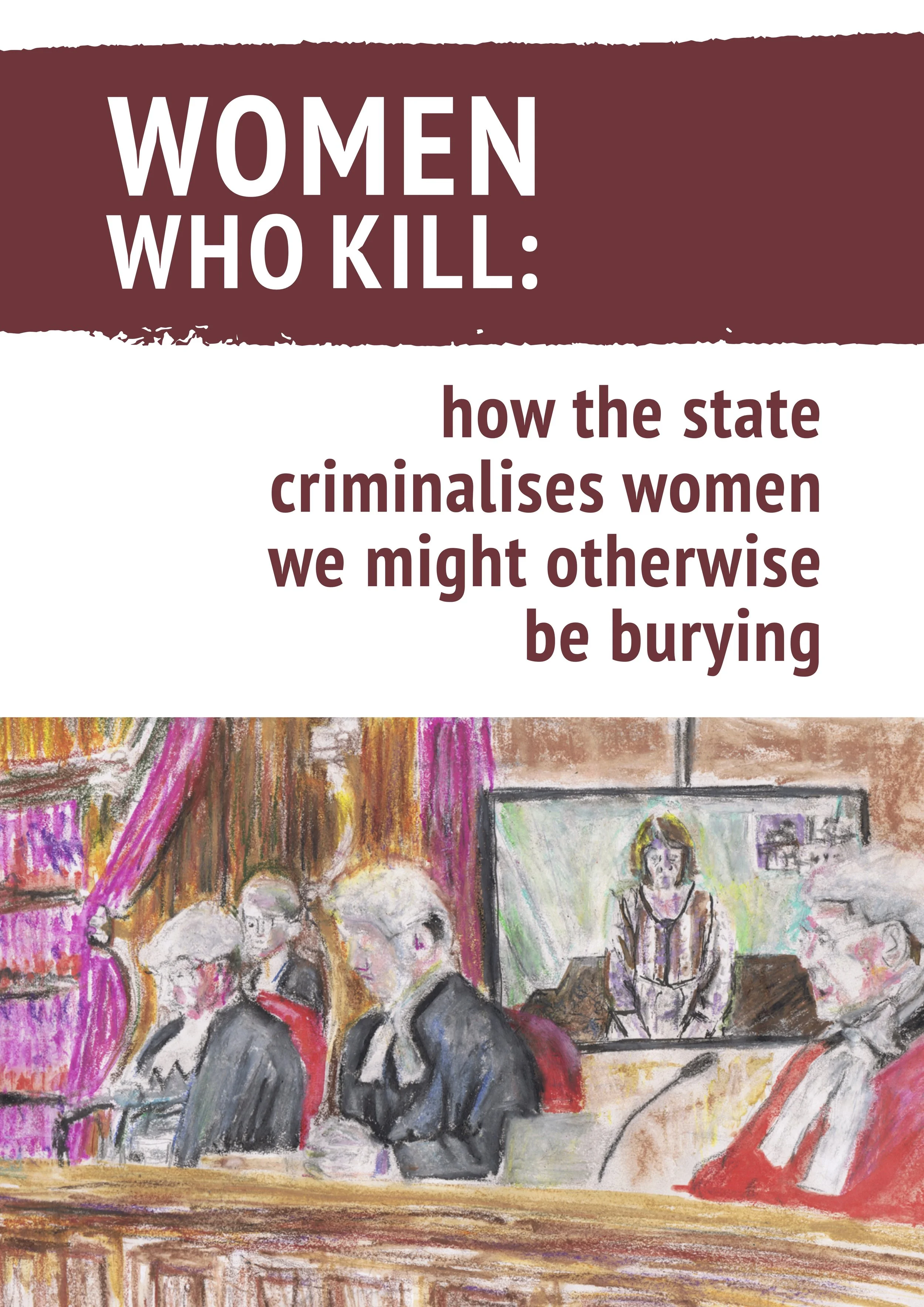Stop Criminalising Survivors
Through our Stop Criminalising Survivors project, we are working with women with lived experience of domestic abuse and the criminal justice system to press for reforms in law and practice, to end the unjust criminalisation of victims of gender-based violence.
Click here to read our joint parliamentary briefing on statutory defences for victims of domestic abuse who are accused of offending.
Click here to read our parliamentary briefing on prostitution reforms.
Project updates:
-
Victim/survivors of domestic abuse who use force in self-defence against their abuser, or who are coerced by their abuser into committing an offence, have no effective defence in law. Black, minoritised and migrant women face additional barriers to justice and support.
If, like us, you think this is wrong, join our campaign with Advance, Agenda Alliance, Hibiscus, Northumbria Centre for Evidence and Criminal Justice Studies, Standing Together Against Domestic Abuse, Women in Prison, Women’s Aid and Working Chance.
We are delighted that this campaign is supported by the National Federation of Women’s Institutes (the WI) and Soroptimist International GBI.
Please help us protect all domestic abuse victims from unjust criminalisation by taking action today.
TAKE ACTION -
This research, conducted by CWJ and funded by The City Law School’s centre for justice reform, illustrates fundamental failings in the criminal justice system that lead to victims of coercive control being punished when they should have been protected.
-
Click here to access the films and resources.
-
In July 2023, the then Lord Chancellor announced that the Government would adopt most of the recommendations in Clare Wade KC’s review of Domestic Homicide Sentencing. Click here to read our statement.
This included Clare Wade’s recommendation for the Law Commission to be asked to conduct a review of the effectiveness of defences – including self-defence – for victims who kill their abuser. This has now been subsumed into a much larger review by the Law Commission of the law of homicide.CWJ is engaging actively with the review – and encourages other organisations involved in supporting victim/survivors of VAWG to do so – in order to ensure the review is well informed about deficiencies in the criminal law, and in the criminal justice process, for victim/survivors of VAWG who are accused of offending.
-
CWJ organised a Westminster Hall debate in Parliament on 5 July 2023, in collaboration with the Women’s Justice Reimagined partnership (formerly known as the Tackling Double Disadvantage partnership) and with the help of Kate Osamor MP, to raise awareness of the criminalisation of Black, minoritized and migrant victims of VAWG and reforms needed.
Women’s Justice Reimagined and the APPG on Women Affected by the Criminal Justice System wrote to the Women’s Justice Board (a government advisory board focused on reducing women’s imprisonment) in September 2025 with recommendations for action they should take to end racial disproportionality for women in the criminal justice system.
Click here to read a blog on the Westminster Hall debate by CWJ intern, Iqra Ahmed
Click here for our briefing to MPs ahead of the debate
Click here for a copy of our joint letter to the Minister for Safeguarding and Minister for Prisons and ProbationClick here for a special edition of the Prison Service Journal (March 2025) focused on women in the criminal justice system, including an article by Katy Swaine Williams, Elizabeth Jiménez-Yañez and Fleur Okubule on achieving an intersectional approach to combat structural oppression experienced by Black, minoritised and migrant women in contact with the criminal justice system.
Debate transcript
Live coverage
About the Project
Nearly 70% of women in prison and under probation supervision in the community are known to be victims of domestic abuse. The true figure is likely to be higher because of barriers to women disclosing abuse. Research by CWJ and others shows that, for many of these women, their offending or alleged offending results directly from their experience of abuse.
Our collaborative work with other expert organisations and individuals includes legal action, research, media engagement, communication with government, parliamentarians and practitioners, and training for criminal defence lawyers.
Our research and experience points to the need for a comprehensive legal, policy and practice framework to protect victims of VAWG from unjust criminalisation. New statutory defences are needed, to make self-defence and duress accessible to victims of domestic abuse who are accused of offending – giving them the same protection that is already available to trafficking victims and householders facing an intruder.
Improvements are also needed in the knowledge and understanding of all those working in the criminal justice system about the dynamics of domestic abuse, and how this should be taken into account where a victim is suspected of offending - including the police, lawyers, judges and court staff, and prison and probation practitioners.
This must include a focus on the distinct challenges faced by Black, Asian, minoritised and migrant women, as highlighted in our recent reports (below) and the recommendations of the Women’s Justice Reimagined partnership.
Local whole system approaches to women in contact with the criminal justice system need to include a strategic focus on supporting suspects/defendants who are also victims of gender-based violence and preventing their needless criminalisation. Sustainable funding for women’s specialist services is essential to achieving this.
Read about the support gained in Parliament during the passage of the Domestic Abuse Act 2021 for the introduction of new statutory defences for victims of domestic abuse who are accused of offending. These proposals were put forward again in the Criminal Justice Bill and were supported in debate by the Labour front bench, before Parliament was dissolved.









